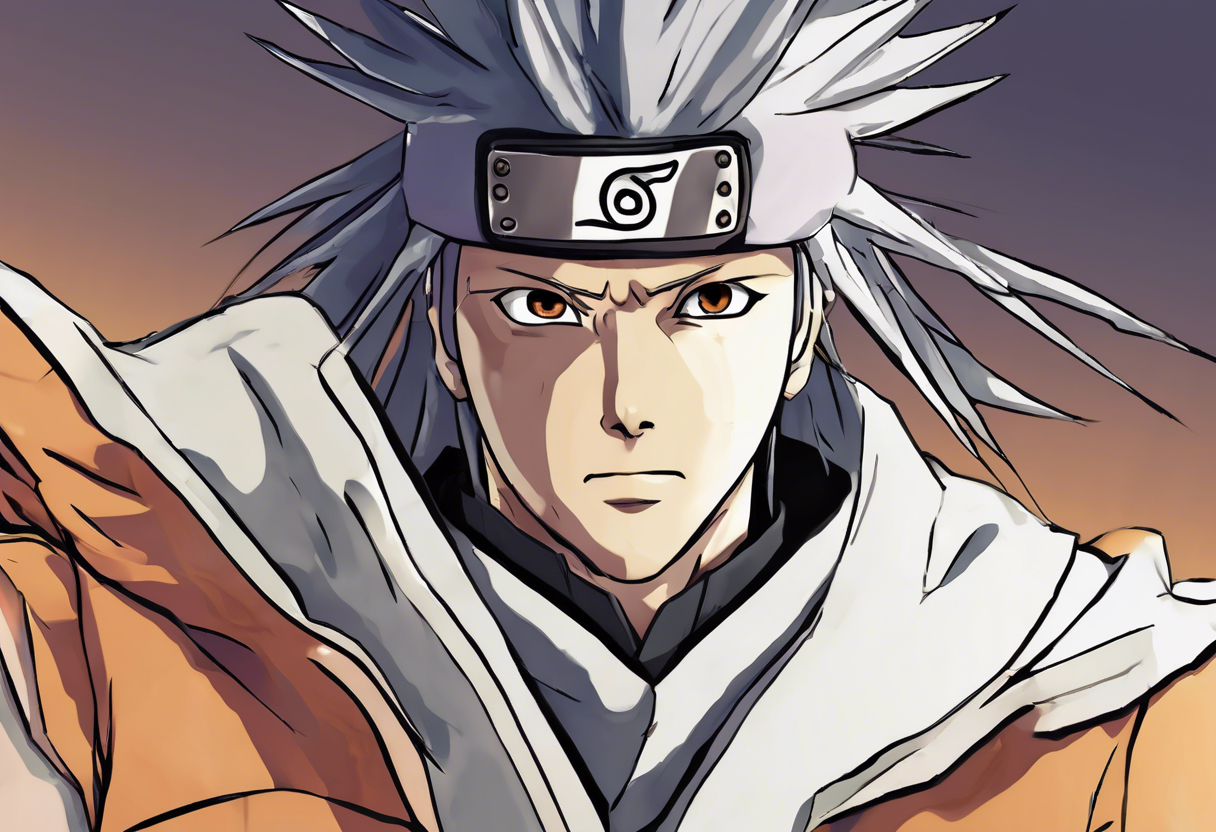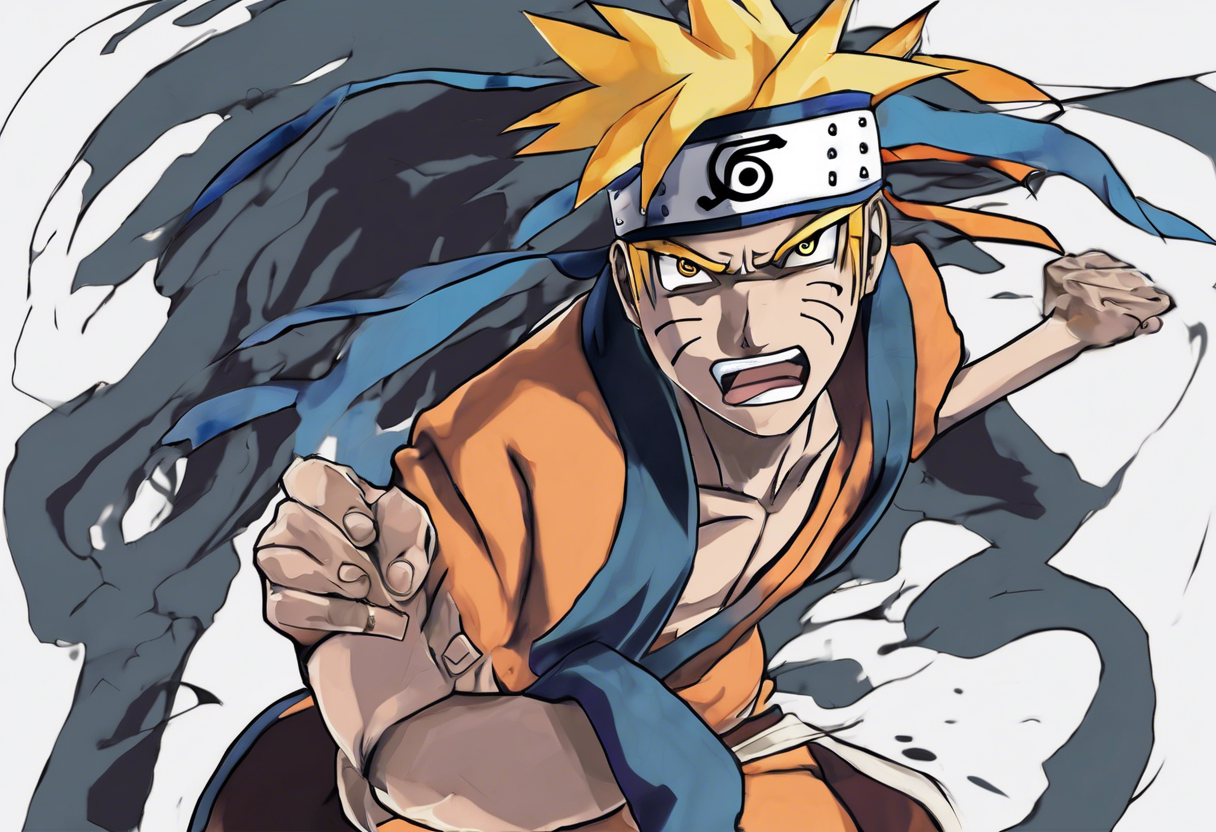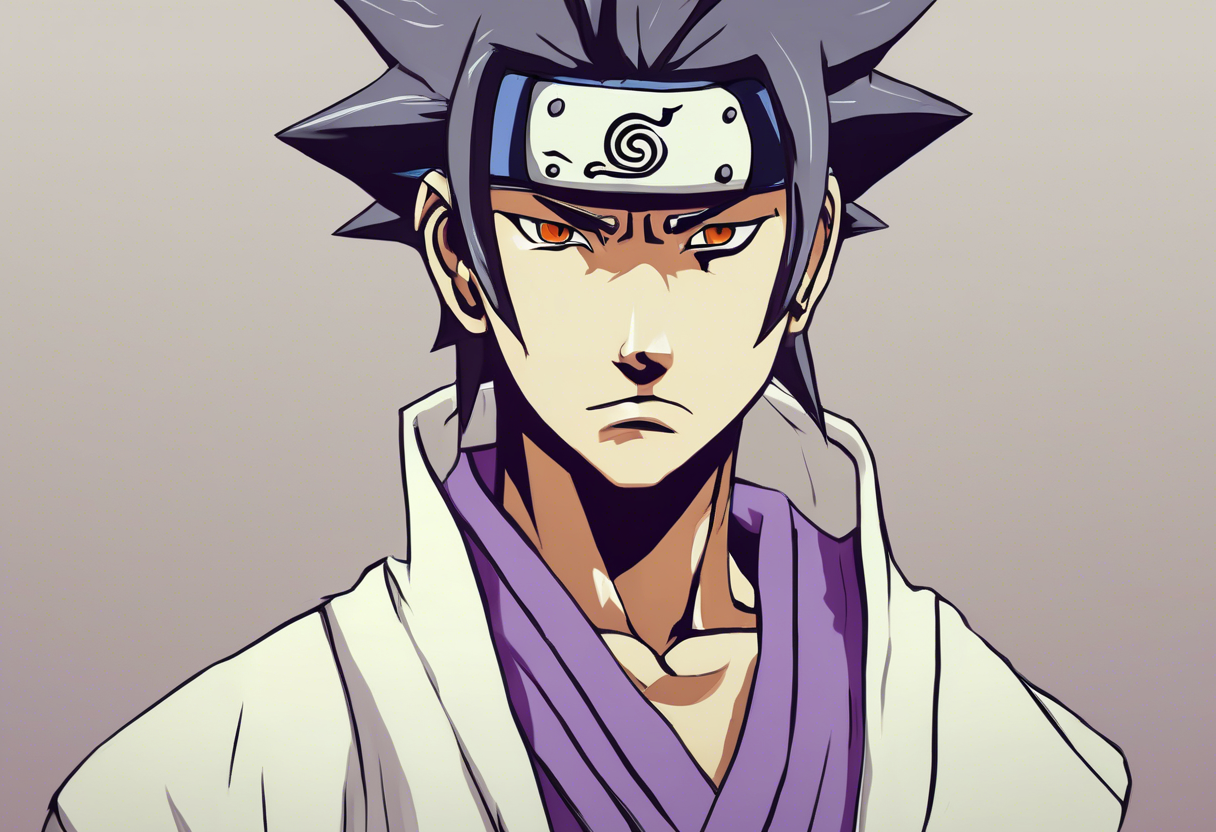Contents
Sakumo Hatake: The White Fang of Konoha
Introduction
Sakumo Hatake, known as the "White Fang of Konoha," is a pivotal and revered character in the Naruto anime and manga series created by Masashi Kishimoto. Despite his limited screen time, Sakumo’s legacy and the decisions he made have a profound impact on the narrative, particularly on his son Kakashi Hatake and the broader shinobi world. This article will delve into Sakumo’s creation, backstory, defining traits, and his significant role in the story.
Sakumo Hatake was introduced in the series through flashbacks and stories told by his son, Kakashi Hatake, highlighting his extraordinary skills and the controversial decisions that defined his life [1][2]. As a legendary shinobi, Sakumo’s reputation was on par with that of the legendary Sannin: Jiraiya, Tsunade, and Orochimaru, making him one of the most feared and respected ninjas of his time.
Role in the Story
Sakumo Hatake’s storyline is marked by his exceptional prowess as a ninja and a fateful decision that would alter the course of his life and the lives of those around him. Known for his white chakra blade and unparalleled skill, Sakumo was a force to be reckoned with on the battlefield. However, it was not his combat prowess that he is most remembered for, but rather his decision to abandon a critical mission to save his comrades during the Third Great Shinobi War [1][2].
This decision, though noble in intent, went against the strict shinobi code that prioritizes the mission above all else. As a result, Sakumo was shunned and ridiculed by the very people he tried to save, leading to his banishment from the Hidden Leaf Village. The stress and guilt from this incident took a heavy toll on Sakumo, ultimately leading to his early death by suicide [1][2].
Sakumo’s actions had a profound impact on his son, Kakashi Hatake, who would later become one of the main protagonists of the series. Kakashi struggled with the legacy of his father, grappling with the moral complexities of being a shinobi and the harsh realities of war. Despite this, Kakashi eventually embraced his father’s values, becoming a compassionate leader who prioritized the lives of his comrades above the mission [1][2].
Character Analysis
Sakumo Hatake’s personality is characterized by his intense loyalty, dedication, and a strong moral compass. He was a man who valued his comrades above all else and was willing to make sacrifices for the greater good. This is evident in his decision to save his teammates, even if it meant failing the mission and facing severe consequences [1][3].
Sakumo’s motivations were deeply rooted in his sense of responsibility and compassion. He believed in the importance of human life and the bonds of camaraderie, which often put him at odds with the strict codes of the shinobi world. This internal conflict made him a complex and relatable character, as his actions were driven by a desire to do what he believed was right, even if it meant personal sacrifice [1][2].
Despite his formidable strength and reputation, Sakumo’s greatest strength lay in his ability to inspire and influence others. His legacy lived on through Kakashi, who inherited his values and teachings. Kakashi would later instill these same values in his students, including Naruto Uzumaki, Sasuke Uchiha, and Sakura Haruno, shaping them into formidable ninjas who prioritized their comrades and the greater good [1][2].
Themes and Symbolism
Sakumo Hatake’s character embodies several key themes of the Naruto series, including the importance of compassion, loyalty, and the moral complexity of being a shinobi. His decision to save his comrades over completing the mission highlights the conflict between adhering to strict codes and doing what is morally right. This theme is central to the series, as it explores the nuances of the "Ninja Way" and the personal costs of following it [1][2].
Sakumo’s story also symbolizes the sacrifices that many characters in the series must make. His tragic ending serves as a reminder of the harsh realities of war and the consequences of one’s actions. However, it also underscores the importance of human connections and the value of life, which are core to the series’ overarching message of peace and camaraderie [1][2].
Cultural Impact
Sakumo Hatake’s impact on the Naruto fandom is significant, despite his limited appearance in the series. Fans appreciate his complex character and the profound influence he has on the narrative. His story adds depth to the series, exploring themes that resonate with audiences worldwide. The cultural significance of Sakumo lies in his representation of the moral dilemmas faced by characters in the series and the enduring legacy he leaves behind through his son and the next generation of shinobi [1][2].
In adaptations and spin-offs, Sakumo’s character is often referenced as a symbol of sacrifice and loyalty. His influence can be seen in how other characters navigate their own moral compasses and make decisions that impact the story. The emotional resonance of his story has made him a fan favorite, and his legacy continues to inspire discussions about the series’ themes and characters [1][2].
Critical Reception
Critics and audiences have praised Sakumo Hatake for the depth and complexity he brings to the Naruto series. His character serves as a poignant reminder of the human cost of war and the importance of compassion and loyalty. The tragic nature of his story has sparked numerous discussions about the morality of the shinobi world and the personal sacrifices that characters must make.
Some critics have noted that Sakumo’s story, though brief, has a lasting impact on the narrative, influencing key characters and themes throughout the series. His legacy is seen as a powerful commentary on the nature of heroism and the true meaning of strength, which goes beyond mere physical prowess [1][2].
Legacy
Sakumo Hatake’s enduring appeal lies in the timeless themes and moral complexities he represents. His story continues to resonate with audiences, inspiring reflections on the nature of sacrifice, loyalty, and the human condition. As a character, he embodies the spirit of selflessness and compassion that is central to the Naruto series.
In contemporary discussions, Sakumo’s character remains relevant as a symbol of the moral dilemmas faced by individuals in high-stakes professions. His influence can be seen in other works of fiction that explore similar themes of sacrifice, loyalty, and the personal costs of adhering to strict codes or moral principles.
Sakumo Hatake’s legacy is a testament to the power of storytelling in anime and manga, highlighting the impact that even a briefly appearing character can have on the narrative and its audience.
References
- https://gamerant.com/naruto-who-was-sakumo-hatake-explained/
- https://screenrant.com/naruto-sakumo-hatake-kakashi-father-ninja/
- https://boo.world/database/profile/168269/sakumo-hatake-personality-type
- https://www.cbr.com/naruto-clan-symbols-meanings-uchiha-senju-uzumaki-hyuga/
- https://en.wikipedia.org/wiki/Kakashi_Hatake







